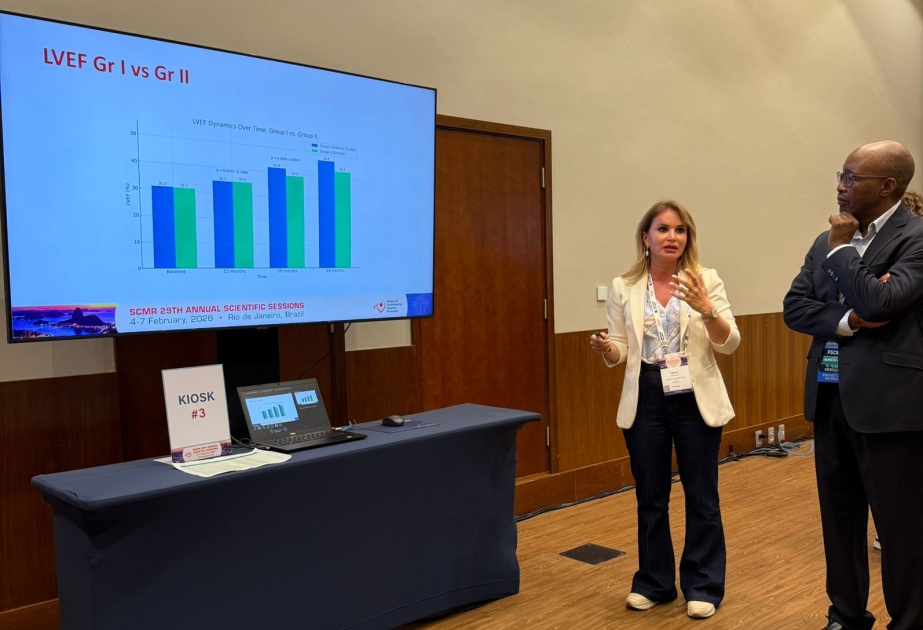Antibiotics that suppress the functioning of “cell power plants” have been able to extend the life of C. elegans worms, Report informs.
The results of the study were published in the journal Aging.
In a new study on the worms Caenorhabditis elegans (C. elegans), scientists tested doxycycline and azithromycin, antibiotics that suppress the functioning of mitochondria, that is, the structures responsible for energy production in cells.
Doxycycline was able to increase the average lifespan of the worms from 11 to 18 days, and the maximum lifespan from 25 to 31 days. Azithromycin and the drug combination had similar effects.
As biologists found, the increase in life expectancy was associated with the suppression of mitochondria, which led to a decrease in oxygen consumption by cells. Probably, the consequence of this was a decrease in oxidative stress, that is, the worm cells were less likely to be damaged by reactive oxygen species.
The drugs also reduced the accumulation of lipofuscin, a yellow-brown pigment that accumulates in tissues of various species, including humans, with age. This substance is formed as a result of the oxidation of fats and glycoproteins. A decrease in its accumulation also indicates a decrease in oxidative stress levels.
















